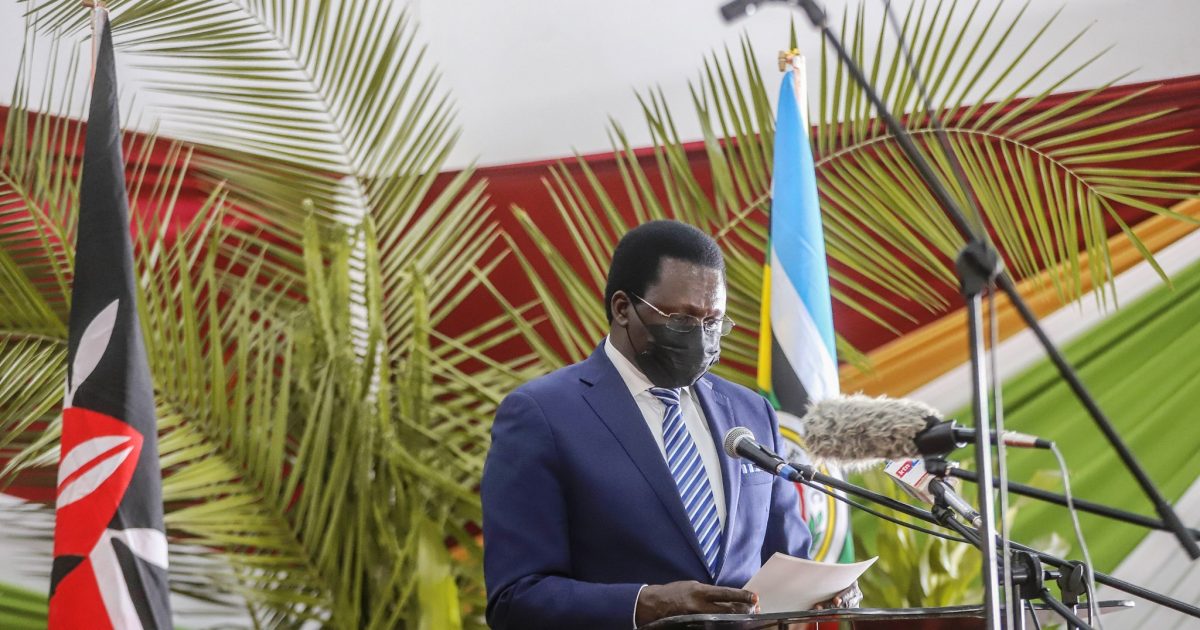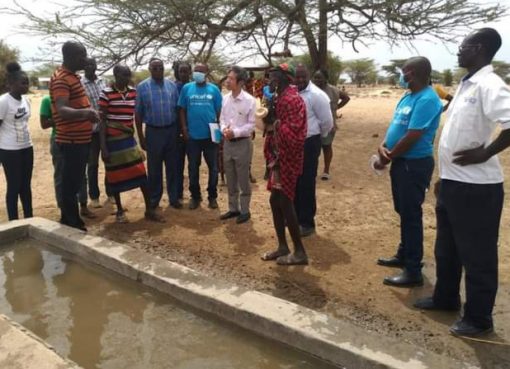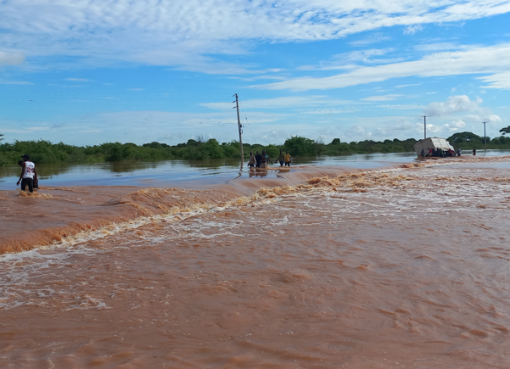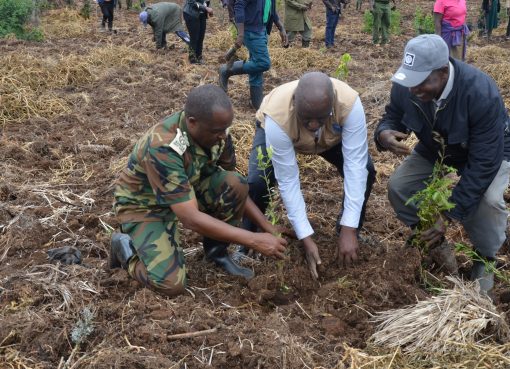Kabarak University in collaboration with Kenya Institute of Curriculum Development (KICD) has initiated the process of modifying its academic programmes to align them with the Competency Based Curriculum (CBC).
KICD Senior Deputy Director Curriculum and Research Services, Jacqueline Onyango said the venture is initially focusing on the training of a segment of academic staff who will offer training to lecturers on an ongoing and regular basis.
Speaking during inauguration of a two-week training of trainers on CBC, Onyango stated that the partnership’s ultimate goal was to equip the university with what it needs to produce teachers with the requisite skills and competencies relevant under the new curriculum currently being rolled out in the country.
The Senior Deputy Director who was flanked by the Institution’s Vice Chancellor, Prof Henry Kiplagat indicated that teacher trainers should be competent and called on universities to move with speed and start redesigning their curriculum.
“The teachers being trained should be able to understand the new curriculum, therefore their training manuals should be aligned with the CBC,” she said.
Onyango said the participants will be trained on curriculum designs, methodology and continuous assessment, which has been one of the most significant changes in CBC. Under the new system, teachers will be the key assessors as national examinations will be done away with.
She said as universities train teachers, they need to contextualize the importance of the CBC in education by redesigning their curriculum.
The participants will further be equipped with skills on online teaching and curriculum reforms. The venture is designed to reinforce the capacity of teacher education and institutional management as a way of getting more teachers competent to deliver the CBC.
“KICD has worked out a roadmap under the new curriculum, which includes, a diploma in pre-primary teacher education, diploma in teacher education, diploma in technical teacher education, diploma in special needs teacher education and Bachelor’s Degree in teacher education,” she pointed out.
Prof Kiplagat noted that curriculum reform was a worldwide practice that followed the demands of society.
He stated that under the social pillar of the Kenya Vision 2030, education and training is expected to be the principal catalyst in creating a comprehensive, equitable and just society.
“Technical and vocational education is supposed to play a crucial role in transforming the country to a middle-income economy.
CBC is designed to connect with the Kenya Vision 2030 to drive growth. It aims to fix the disconnect between the theory taught in school and real scenario in the world of work,”
CBC is a new system of education designed by the Kenya Institute of Curriculum Development (KICD) team and launched by the Ministry of Education in 2017.
It is designed to emphasize the significance of developing skills and knowledge and also applying those competencies to real life situations.
CBC has adopted a cumulative approach to assessment where a learner’s achievement is measured and the scores stored until they complete their primary education at Grade Six.
The national rollout of Competency-Based Curriculum started in January 2019 at Pre-Primary I and II and Grades One, Two and Three in lower primary.
The 2-6-3-3-3 curriculum was billed as the ultimate game-changer in the country’s education as it seeks to plug gaps noted under the 8-4-4 system of rote learning and cut-throat examinations.
By Anne Mwale





